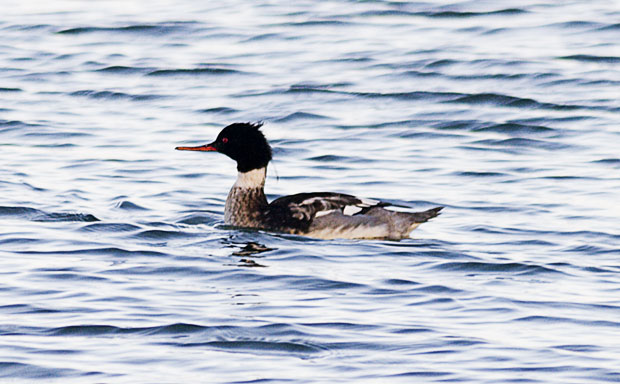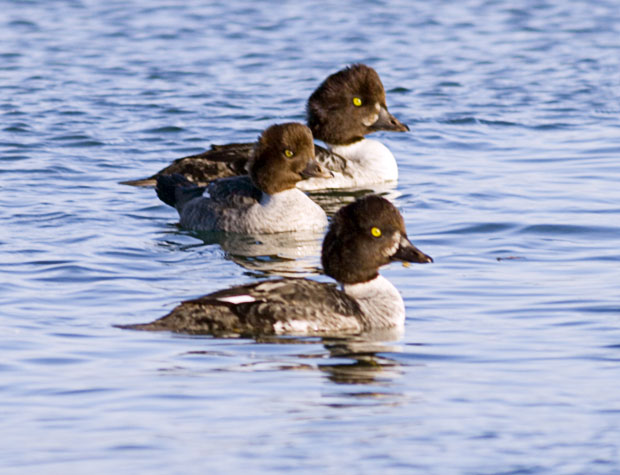Sometimes when I’m reading a book I enjoy I find more poems together than I’m willing to quote and decide it’s best to just let the reader buy the book or find it at his local library rather than trying to show him just how great the book is.
That happened with this section of Geddes 15 Canadian Poets X 3, as I loved poems by both Patrick Lane and Pat Lowther. In the end, I decided I liked Lane a little better, though I’ll probably end up trying to find more poems by both after I finish reading the other Canadian poets I recently ordered.
Both poets focused on topics close to my heart, both have been influenced by Pablo Neruda, and both write in a very similar style. Perhaps in the end I chose Lane over Lowther simply because I liked the bird imagery in these two poems:
THE BIRD
The bird you captured is dead.
I told you it would die
but you would not learn
from my telling. You wanted
to cage a bird in your hands
and learn to fly.
Listen again.
You must not handle birds.
They cannot fly through your fingers.
You are not a nest
and a feather is
not made of blood and bone.
Only words
can fly for you like birds
on the wall of the sun.
A bird is a poem
that talks of the end of cages.
This poem reminded me of how outraged I was when I recently saw pictures of birds caged in Asian countries and saw how chickens were often raised there. It crossed my mind that there would be a certain poetic justice in seeing people who were willing to treat animals that way die from avian flu. I suppose someone could argue that I’m trying to cage birds in my photographs, but I prefer to think of those pictures as poems rather than cages.
Of course, the poem takes on an even broader meaning if we look at the bird as a metaphor for the human soul as many poets have done, as in Maya Angelou’s I know why the caged bird sings.
Coincidentally, the next poem also uses the bird as a symbol, though I was originally drawn to the image of the carpenter rather than the hawk at the end of the poem:
THE CARPENTER
The gentle fears he tells me of being
afraid to climb back down each day
from the top of the unfinished building.
He says: I’m getting old
and wish each morning when I arrive
I could beat into shape
a scaffold to take me higher
but the wood I need
is still growing on the hills
the nails raw red with rust
still changing shape in bluffs
somewhere north of my mind.
I’ve hung over this city like a bird
and seen it change from shacks to towers
It’s not that I’m afraid
but sometimes when I’m alone up here
and know I can’t get higher
I think I’ll just walk off the edge
and either fall or fly
and then he laughs
so that his plumb-bob goes awry
and single strokes the spikes into the joists
pushing the floor another level higher
like a hawk every year adds levels to his nest
until he’s risen above the tree he builds on
and alone lifts into the wind
beating his wings like nails into the sky.
For some reason the poem reminded me of the song “If I Were a Carpenter,” which I hummed off key for most of the day. Aren’t we all carpenters trying to build a stairway to heaven (if you’ll forgive me mixing my song titles)?
In our rush towards materialism, we seem to have conveniently forgotten that Jesus was a simple carpenter, neither prince nor king. Nor is it uncommon for people to get so caught up in getting ahead, in building the future, that they forget their original idealistic goals.
Perhaps not surprisingly as we get older and remember earlier goals, our idealism returns to haunt, if not inspire, us. As we look around and realize how far away we are from our original goals, we’re afraid to quit working lest we never attain them. But there’s always the hope that in the end we’re getting ready to take wing, not to fall off the edge of the scaffold we’ve built over our lifetime.
Like this:
Like Loading...


